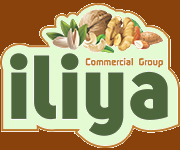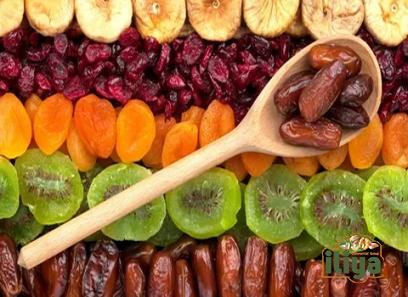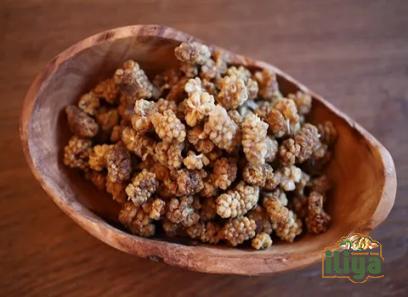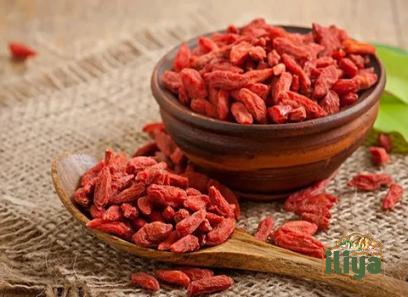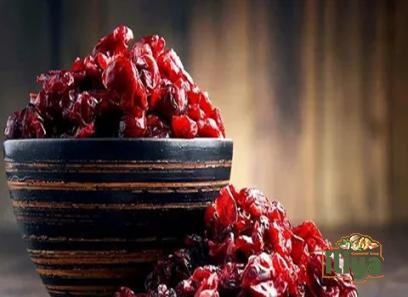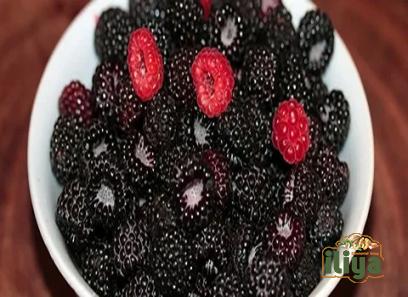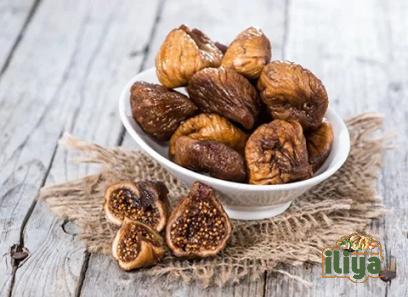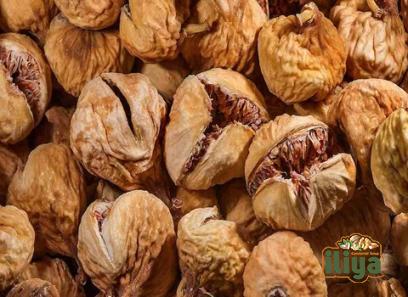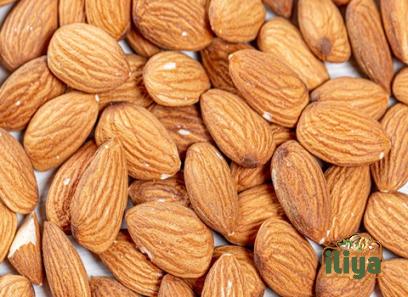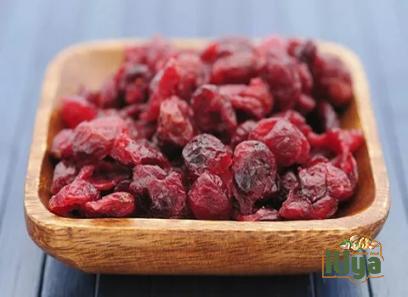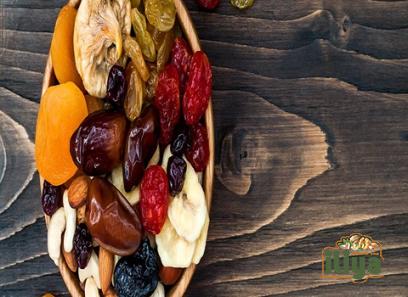Raw cashew nuts are a popular and versatile food item that is enjoyed around the world. These nuts are the seeds of the cashew tree, which is native to Brazil but now cultivated in many tropical regions. Raw cashews are edible and can be consumed as a snack or used as an ingredient in various culinary preparations.
Cashews are unique among nuts as they grow outside the fruit, attached to the bottom of the cashew apple. To make them edible, the processing of raw cashews involves removing them from the toxic shell and roasting or steaming them. Raw cashews have a delicate taste and a creamy texture, making them a versatile ingredient in both sweet and savory dishes.
Raw cashews are a nutritious food, containing a balance of beneficial fats, protein, fiber, vitamins, and minerals. They are particularly notable for their high content of heart-healthy monounsaturated fats, which are associated with reduced risk of heart disease. Cashews also provide essential minerals like magnesium, copper, and zinc, which contribute to various bodily functions.
In addition to being a nutritious snack, raw cashews have a wide range of culinary uses. They can be eaten on their own, added to various dishes like salads, stir-fries, curries, and desserts, or processed into cashew butter or milk. Cashews are also a common ingredient in vegan and dairy-free recipes, as they provide a rich, creamy texture.
Beyond their culinary uses, raw cashews also have various health benefits. The healthy fats found in cashews can aid in weight management, promote brain health, and reduce the risk of certain chronic diseases. Cashews are also a good source of antioxidants, which can help combat oxidative stress and inflammation in the body.
When purchasing raw cashews, it is important to consider the quality and sourcing of the nuts. Look for cashews that are plump, ivory-colored, and free from blemishes or signs of mold. Opting for organic or sustainably sourced cashews can ensure that the nuts are free from pesticides and that fair labor practices were employed in their production.
Storage of raw cashews is crucial to maintaining their freshness and quality. Cashews should be stored in an airtight container in a cool, dry place, away from direct sunlight and moisture. Properly stored, raw cashews can last for up to six months, although it is best to consume them within three months to enjoy their maximum flavor and texture.
In conclusion, raw cashew nuts are a delicious, nutritious, and versatile food that can be enjoyed in a variety of ways. Whether eaten as a snack or used as an ingredient in cooking and baking, raw cashews offer a creamy texture and a delicate taste. With their numerous health benefits and culinary uses, raw cashews are a great addition to any diet.Title: The Business Potential of Raw Cashew Nuts: Production, Processing, and Market Trends

Introduction:
Raw cashew nuts have gained popularity due to their nutritional value and versatile culinary applications. However, beyond their appeal as a food item, raw cashews also present several business opportunities. From cashew production to processing and market trends, this article explores the potential of raw cashew nuts in the business world.
1. Cashew Production:
Cashew production is primarily concentrated in tropical regions such as India, Vietnam, Nigeria, and Côte d’Ivoire. These countries account for a significant portion of the global cashew supply. Business ventures in cashew production involve cultivating cashew trees and harvesting the cashew apples, which bear the coveted nuts.
2. Processing Techniques:
Processing raw cashews is a crucial step in making them edible. The outer shell, containing a toxic resin called urushiol, must be removed before consumption. The traditional processing method involves heat treatment to roast or steam the cashews, eliminating the toxic resin. However, alternative processing techniques such as boiling, chemical treatment, or mechanical cracking are also employed.
3. Cashew Kernel Grades:
Processed raw cashews are classified into different grades based on their size, appearance, and color. The grading system consists of various categories such as whole kernels, large splits, small splits, butts, and pieces. Understanding the grading system is essential for businesses looking to purchase or sell raw cashew nuts.
4. Nutritional Benefits:
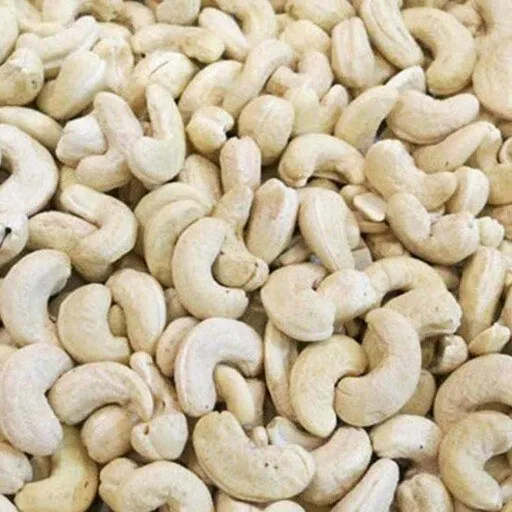
Raw cashews are not only delicious but also offer numerous health benefits. Cashews are rich in monounsaturated fats, which promote heart health, as well as essential minerals like copper, magnesium, and zinc. They also contain vitamins such as E, K, and B vitamins, contributing to overall well-being. Businesses can capitalize on the growing demand for healthy, natural snacks by marketing the nutritional benefits of raw cashews.
5. Culinary Applications:
Raw cashews have a creamy texture and delicate taste, making them a versatile ingredient in the culinary world. They can be used as a topping for salads and desserts, added to stir-fries and curries, or even processed into cashew milk and butter. Businesses involved in the food industry can create innovative cashew-based products to cater to the increasing demand for plant-based, healthy alternatives.
6. Vegan and Dairy-Free Market:
Raw cashews are a popular choice among vegans and individuals with lactose intolerance due to their ability to replicate the creaminess and richness of dairy. The growing interest in plant-based alternatives and the increasing number of individuals adopting vegan and dairy-free diets create a booming market for raw cashew-based products. Businesses can tap into this niche market by developing vegan-friendly snacks, spreads, cheeses, and desserts.
7. Cashew Butter and Milk:
Cashew butter and milk have gained significant popularity as substitutes for dairy products. These creamy spreads and beverages offer a rich taste and smooth texture, making them appealing to health-conscious consumers. Businesses specializing in nut butters and plant-based milk alternatives can expand their product offerings by incorporating raw cashews into their range.
8. Packaging and Branding:
In the competitive business landscape, effective packaging and branding strategies play a vital role in attracting customers. Unique and visually appealing packaging design can differentiate your raw cashew products from competitors and create a lasting impression on consumers. Additionally, having a distinct brand identity, messaging, and story behind your raw cashew products can contribute to brand loyalty and customer engagement.
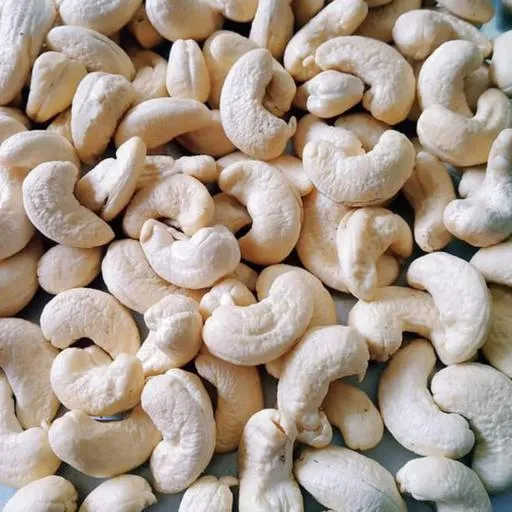
9. Retail and E-commerce Channels:
Distributing raw cashew products through retail stores and e-commerce platforms provide extensive reach to potential customers. Establishing partnerships with grocery chains, health food stores, and online marketplaces allows businesses to penetrate different market segments and increase brand visibility. Offering attractive pricing, promotional deals, and convenient packaging options can significantly impact sales and market presence.
10. Export Potential:
Raw cashew nuts have considerable export potential, especially for countries that are major producers. Exporting raw cashews allows businesses to expand their customer base beyond domestic markets, capitalizing on the growing global demand. However, it is essential to comply with international trade regulations, quality standards, and packaging requirements to ensure successful export operations.
11. Market Trends and Opportunities:
The market for raw cashews continues to evolve, presenting opportunities for businesses to capitalize on emerging trends. Rising consumer awareness of natural, healthy snacking options and the demand for plant-based alternatives act as driving forces behind the growth of the raw cashew market. Additionally, the increasing popularity of international cuisines and the demand for exotic ingredients create opportunities for raw cashew importers and distributors.
12. Sustainability and Ethical Sourcing:
Consumers are increasingly conscious of sustainability and ethical sourcing practices. Businesses that prioritize fair trade, sustainable farming methods, and environmentally friendly practices can ensure the longevity and success of their raw cashew ventures. Promoting transparency in the supply chain and obtaining certifications such as Fair Trade or Rainforest Alliance can enhance brand reputation and appeal to socially responsible consumers.
Conclusion:
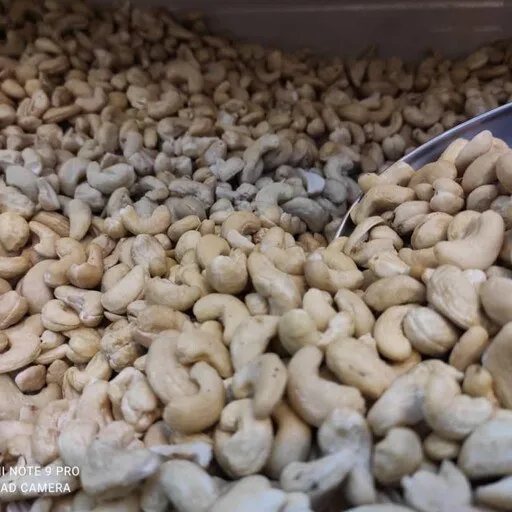
The business potential of raw cashew nuts extends far beyond their culinary applications. From cashew production and processing to packaging and branding, businesses can take advantage of the growing demand for healthy and sustainable food options. Whether catering to vegan and dairy-free markets or entering the export arena, the versatility and nutritional benefits of raw cashews make them a promising ingredient for businesses in various industries.
